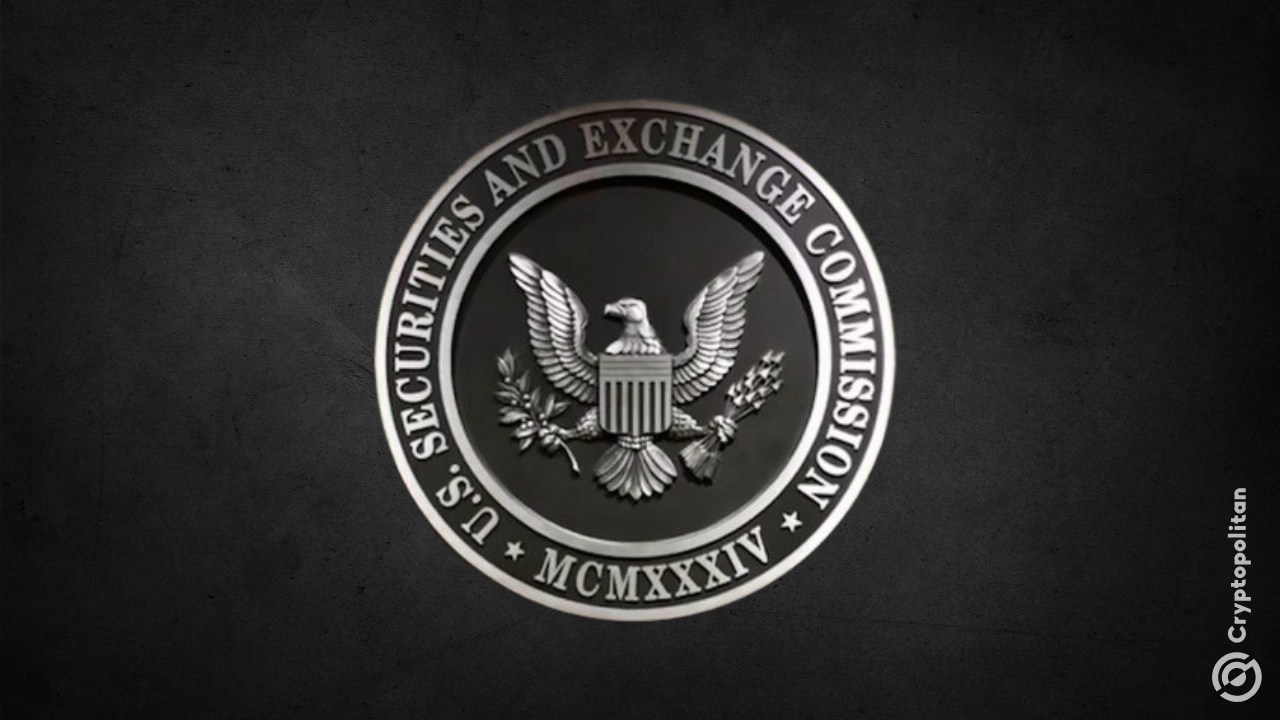The Securities and Exchange Commission (SEC) has recently extended its decision deadlines for a series of notable cryptocurrency exchange-traded funds (ETFs), particularly focusing on proposals from two of the most significant entities in the space: BlackRock and Franklin Templeton. This development underscores the SEC’s cautious approach to the evolving cryptocurrency market, navigating the fine line between regulation and innovation.
### Key Developments in ETF Delays
According to the latest SEC filings, Franklin Templeton’s proposals regarding its Ethereum ETF, which includes an amendment to allow staking, are now pending decisions due by November 13, while its Solana and XRP ETFs face a decision on November 14. In a similar vein, BlackRock’s proposal for its iShares Ethereum Trust has seen its review period reset to October 30.
The SEC’s use of its authority under Section 19(b) of the Securities Exchange Act allows for a significant extension period, which can stretch up to 180 days, and occasionally extend by another 60 days. Importantly, these extensions are not outright rejections; they indicate that the offerings have merited additional scrutiny. The agency’s officials emphasize the importance of balancing market stability, investor protection, and the complexities associated with staking, a crucial point of concern in the current landscape.
### Broader Context: ETF Backlog and Market Dynamics
The delays are part of a broader trend detecting a backlog of ETF proposals awaiting SEC review. This includes not just Franklin Templeton and BlackRock but also notable proposals from firms like Bitwise and Grayscale. For instance, the SEC has delayed decisions on other crypto ETFs, including the Bitwise Dogecoin ETF and the Grayscale Hedera ETF, with deadlines stretched to November 12.
With over 92 crypto-linked ETFs under active review as of late August, the SEC is witnessing an influx of applications. This spike reflects the rapid movement of traditional financial institutions into the digital assets space, with firms like WisdomTree and 21Shares racing to secure a foothold in a market projected by some analysts to potentially surpass traditional commodities, such as gold.
### Potential Paths Forward: Regulatory Clarity
Despite the ongoing delays, hints at progress toward a more structured regulatory environment are emerging. SEC Chair Paul Atkins recently introduced “Project Crypto,” a forward-looking initiative aimed at overhauling the regulatory framework governing digital assets. Speaking at an OECD Roundtable, Atkins articulated that it is time for a comprehensive regulatory approach, emphasizing the need for protections for investors alongside clarity for issuers.
This initiative includes a proposal aimed at standardizing rules for trading, lending, and staking within the crypto ecosystem. If successful, this framework might expedite the approval process for certain ETFs, potentially easing the current backlog.
### Future of Crypto ETFs: Toward Approval?
Despite the extended timelines and careful scrutiny, some analysts believe there’s a strong possibility for concurrent approval of multiple XRP ETFs, akin to the SEC’s earlier approvals for Bitcoin and Ethereum ETFs. Bloomberg analysts Eric Balchunas and James Seyffart estimate a 95% likelihood of approvals being issued before the year concludes.
### Conclusion: A Transition Period for Crypto
The SEC’s cautious approach to crypto ETF approval illustrates the regulatory challenges faced by institutional entrants into the cryptocurrency landscape. While the delays may lead to frustrations among investors and issuers, they reflect the SEC’s commitment to ensuring market integrity and investor safety amid rapid financial innovation.
As the SEC delves deeper into the complexities of the crypto market, the potential for a clearer, more structured regulatory environment grows. As stakeholders await the outcomes of these delayed ETF proposals, the industry looks to the SEC for guidance and clarity on the future of crypto assets in traditional financial markets.
This journey toward regulatory clarity not only aims to protect investors but also positions the U.S. financial markets to effectively engage with the burgeoning digital asset sector. Whether through enhanced frameworks or timely approvals, the relationship between traditional finance and cryptocurrencies will likely evolve significantly in the coming months, making it essential for investors and industry analysts to stay tuned to SEC announcements and market developments.
In summary, the SEC’s recalibration of ETF review processes signifies not only challenges but also strides toward potential advancements in cryptocurrency regulations, paving the way for a more secure and structured investment landscape in the digital asset realm.
Source link










